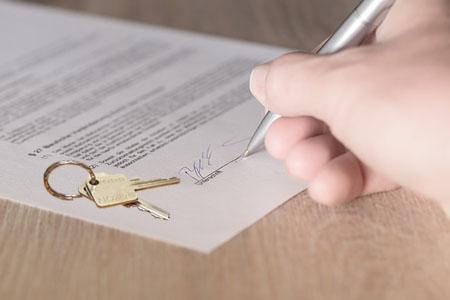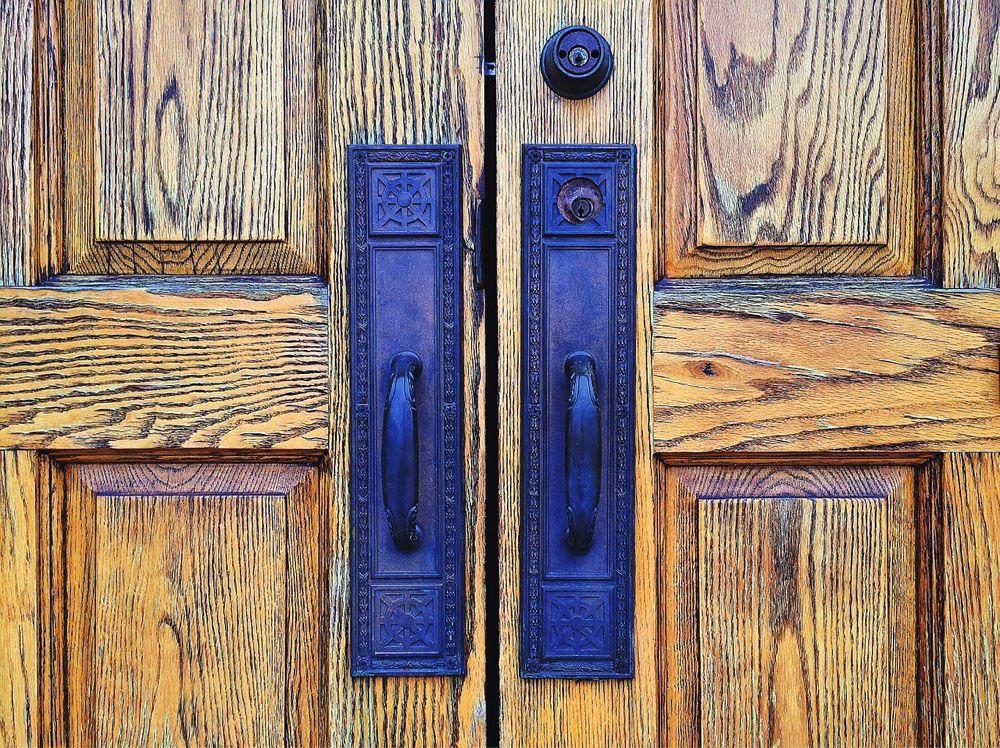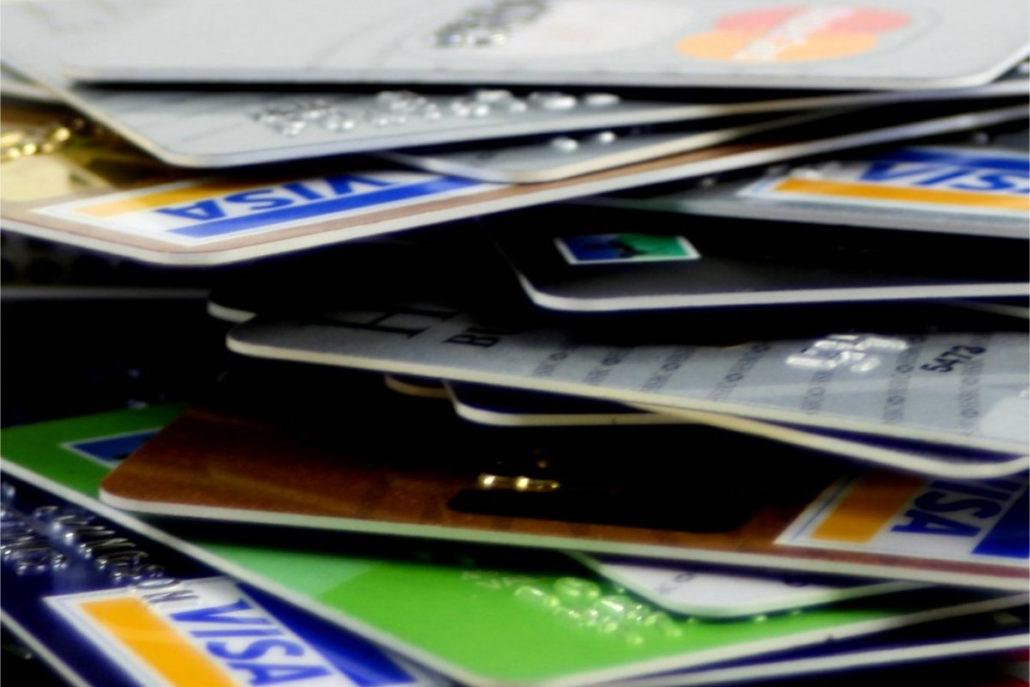How To Invest In Real Estate Without Money
A study of asset returns over 145 years in 16 developed countries found rental properties outperformed stocks.
But how can rental properties perform better than stocks, with lower volatility and risk? Don't higher returns mean higher risk?
The answer is simple: there's a higher barrier to entry to invest in rental properties.
Buying Rental Properties Requires Money & Skill
Anyone can throw $100 into an index fund. No minimum cash requirements, no education required. It's one of the great advantages of investing in equities, despite their volatility.
But rental properties pose two huge challenges to new investors: they require more money to purchase, and they require more skill than index fund investing.
At SparkRental we can help you with the "skill" part of that equation. We offer free rental investing courses, free webinars, a free weekly real estate investing podcast, and of course hundreds of free articles. But what about cash? Doesn't it take tens of thousands of dollars to buy a rental property?
Yes — but that doesn't mean you can't use tricks and hacks to get around the down payment requirements for real estate investment.
Buying a Rental Property with No Money Down
If you've ever wondered "Can I buy a rental property with no money down?" you're far from alone. Every real estate investor has asked the same question at one point or another.
Here are ten ideas for how to buy a rental property with no money down. Or at least less money down — there's no free lunch in life, but you have several options to slim or even eliminate the down payment you need to buy your first rental property.
1. Consider House Hacking First
House hacking is the easiest way to buy your first rental property. And in the bargain, you score free housing!
The traditional house hacking concept is simple: you buy a small multifamily (2-4 units), move into one of the units, and rent out the other(s). Your neighboring tenants' rent covers your mortgage and other housing costs, for effectively free housing.
And when you move out, you keep it as a traditional rental property, and the cash flow only improves from there.
How does this help your down payment? Traditional lenders require far lower down payments on owner-occupied properties than investment properties. It's a simple risk calculation for them: borrowers are far less likely to default on their home mortgage than a rental property loan.
One popular low-down-payment loan program is FHA, which allows a 3.5% down payment as long as your credit score is over 580. (And let's be honest, if your credit score is under 580, you should probably work on paying down debts before buying a rental property.)
But FHA isn't the only option — there are conventional mortgage programs out there that require even less money down, sometimes no money down at all.
Down payments aside, conventional loan options also come with lower interest rates, for lower monthly mortgage payments. Compare interest rates and loans on Credible and LendingTree, and talk to at least three traditional mortgage lenders or brokers before settling on a lender and loan program.
As a final thought, keep in mind that multi-unit properties aren't your only option for house hacking. Try these other house hacking ideas as well to score free housing!
2. The BRRRR Method
One traditional model — which still requires cash up front, but you get it back — is the BRRRR method. The BRRRR strategy acronym stands for buy, renovate, rent, refinance, repeat.
It works like this: you buy a fixer-upper with a purchase-rehab loan, which does involve a down payment. You then renovate the distressed property, financing the upgrades with the purchase-rehab loan (try Kiavi or LendingOne for the initial renovation loan).
When the renovations are finished, you refinance the property with a long-term landlord loan (try Visio) and pull your original cash back out. It works because the new landlord loan is based on the new, after-repair value (ARV) of the property, not what you initially paid for it. So, if you created sufficient equity, you can pull some cash out when you refinance, to cover your initial down payment.
And if you're struggling to come up with that initial down payment, try some of the strategies below to borrow the down payment elsewhere. Keep in mind that while beginners love the idea of 100% financing, the BRRRR method is actually better suited to more experienced investors, given the higher risk that comes with higher leverage. Start with lower-risk strategies if you're a beginner at real estate investing.
 3. Seller Financing
3. Seller Financing
Of course, no one says you have to go through a loan program at all.
Sometimes sellers will finance the property for you, allowing you to negotiate any loan terms you want. Including the possibility of buying a rental property with no money down.
This works especially well with property owners who have no mortgage, or sellers who inherited the property and don't know what to do with it. Maybe the property needs repairs, and the seller doesn't have the cash to make them.
Often, they're happy to accept regular monthly payments for the property, and take the income along with a quick settlement and not having to hassle with real estate agents and commissions.
Not every seller is open to owner financing, but many are. It's worth exploring with them, and can prove an effective way to buy your first rental with no money down.
4. Assume the Seller's Mortgage
Even if the seller isn't willing to directly finance the property, you still may be able to work out with them how to buy a rental property with no money down.
You can offer to assume the seller's mortgage and make payments on their behalf. You step into their (presumably low-interest) loan, leaving you with only the remaining difference to come up with. Just be careful about triggering the "due on sale" clause in the existing mortgage.
Remember, when you buy a property with conventional financing, lenders often won't let you borrow the down payment. They want your skin in the game.
But in this case, you're not borrowing a purchase mortgage, you're just assuming the existing one, and paying the seller separately for any difference.
That means you can pay them however you want!
You could borrow money from friends and family. Borrow from your credit card, or a personal loan. Or work out a loan with the seller themselves!
5. Negotiate a Seller-Held Second Mortgage
Say you find a lender willing to cover 80% of the purchase price on a landlord loan, but you don't have enough money to cover the 20% down payment.
One place to borrow the money? The seller, once again.
Not every lender will allow this, so before you negotiate tooth and nail with the seller to offer you a second mortgage, talk to your primary lender first. Many portfolio lenders like Visio and LendingOne do allow it however.
It's worth noting that FHA loans do not allow seller-held second mortgages.
6. Collateral-Based Lenders Are More Flexible on Fund Sources
Conventional and FHA lenders are sticklers for rules and regulations. They may not let you borrow money from the seller, or from anyone else, to let you buy a rental property with no money down.
But not every lender is so fussy about where your down payment comes from.
Landlord lenders and hard money lenders typically lend based on the property itself, the collateral, rather than on you as the borrower. The good news is they usually don't care where your down payment comes from, as long as it's not from them.
The bad news? They'll lend at a lower LTV (loan-to-value ratio), which means they require a larger down payment.
Plan on coming up with a down payment of at least 20% for a long-term landlord mortgage, and at least 25% for a hard money loan. (Tip: Hard money lenders are best for short-term purchase-renovation loans, not long-term landlord loans. If you're buying a property that's ready to rent and you want affordable long-term financing, we've broken down the lending terms of several landlord loan programs.)
By using a landlord lender or other collateral-based lender, you can borrow the down payment from elsewhere. Friends, family, credit cards, personal loans, the seller, your retirement account; wherever you want.
One other advantage to using a landlord loan or other collateral-based lender? They don't charge mortgage insurance (called PMI for conventional loans and MIP for FHA loans). That means that even if the interest rate is higher, your monthly payment could still be lower, since you don't have to flush money into mortgage insurance.
Some investors take out a personal loan to cover the down payment several months in advance, then borrow the purchase-rehab or landlord loan from a private lender like Visio whenever they find a good deal. The money for the down payment is already waiting and ready in their checking account.
 7. Private Money
7. Private Money
As you gain experience as a real estate investor, and build a track record of success, the people around you will become more open to lending you money themselves.
You can borrow private money loans from friends, family members, and other acquaintances, and negotiate loan terms that fit both parties. For example, I lend money at 10% interest to a real estate investing couple who I know personally. They don't mind paying relatively high interest for two reasons. First, I didn't charge any points or fees or other closing costs at the beginning of the loan, which saved them thousands compared to a traditional loan or hard money loan. Second, I left the repayment date open ended, and structured the loan as interest-only.
Everyone you know is a potential private lender. You just need to establish trust and credibility with them. Do that, and you'll never have trouble buying a rental property with no down payment again.
8. Partners
We've mentioned friends and family several times now as possible sources of money for your down payment. But who says lending you money is the only option?
They may want to partner with you on a real estate deal!
Imagine the following scenario: you don't have any money for a down payment, but you bring real estate investing expertise (or the willingness to develop it). Your friend has money for a down payment, but no time to spend learning the ropes of buying rental properties.
Match made in heaven. They provide the down payment, you provide the knowledge and sweat.
Chances are, you know someone who's looking to diversify and invest some money in real estate. Who doesn't love passive income? And rental properties produce passive income better than just about any other investment.
 9. Credit Cards
9. Credit Cards
While we spent an entire article walking through the pros and cons, risks and "rewards" (see what we did there?) of using credit cards to buy rental properties, they're worth exploring briefly here too.
In an ideal scenario, you draw on unsecured business credit cards during an initial 0% interest period. Using a business credit concierge service like Fund & Grow helps you open between $150,000-$200,000 in credit lines and cards on average, and they even show you how to pull money out at a 2.5% fee instead of the typical 3-4% cash advance fee.
Plus, you get to make cash offers, since you have the money available instantly. The funding is far more flexible than a mortgage, and often the cash advance fees are mitigated by the reward points.
Imagine you buy a $100,000 rental property, and get a landlord loan for $80,000 of it, leaving a down payment of $20,000. You pull $20,000 (or whatever you can) as a cash advance from your credit card, pay a 2.5% wire advance fee, and get 1.5% of that back in the form of rewards.
Which means you pay a net 1% fee to draw on your funding. That's cheaper than borrowing a mortgage! In fact, you should consider avoiding the mortgage altogether and just using your credit lines and cards.
As for the interest, the trick is to pay that balance down, and fast. You're on a race against the clock at that point: how quickly can you pay off the credit card balance? If the answer is "within a few months," it's a promising strategy. If the answer is "within a few years," think again.
But at least you'll have rental income from your property to help you pay it down faster!
10. HELOCs & Second Mortgages on Your Residence
Another idea to buy a rental property with no money down is to borrow money from your current residence.
Home equity lines of credit (HELOCs) are especially useful for this. You secure a line of credit against your home equity, and you draw on it as you need it, and pay it back with rental income.
You can even take out a HELOC on an investment property!
In the example we used above, you borrowed a landlord loan for $80,000, leaving you to come up with the other $20,000 to buy your $100,000 rental property. It's a lot cheaper to borrow money from a HELOC than it is from your credit cards!
At least for the interest rate. The up-front costs to pull out a HELOC will be higher, since the lender will need to run a title history on your home and will almost certainly charge you junk fees.
Still, HELOCs are the gift that keep on giving. You can keep rotating it through as you buy a rental property, pull money out, pay it back, and repeat.
Second mortgages (AKA home equity loans) are less flexible but can still be used to cover your down payment on a rental property.
Get quotes for HELOCs and second mortgages from multiple lenders through LendingTree.
More Ideas to Buy a Rental Property with No Money Down
Have you thought about using your retirement accounts to buy rental properties? What about crowdfunding websites?
There's a fine line to walk, between getting creative with financing options in order to purchase a rental property with no money down versus over-leveraging yourself. When in doubt, save the money for a down payment rather than borrowing it. That goes doubly as you learn how to buy your first rental property, and your next few for that matter.
Take our free mini-course on reaching financial independence with rental properties for more ideas for where to come up with money for your down payment.
If you're willing to get a little creative, you'll be amazed at how little cash you actually need to buy your first rental property!♦
What tactics have you used to buy rental properties with no money down? What's worked for you? What hasn't? Share your experiences below!
More on Buying Your First Rental Property:
How To Invest In Real Estate Without Money
Source: https://sparkrental.com/how-to-buy-your-first-rental-property-no-money-down/
Posted by: velezhavenou.blogspot.com

 3. Seller Financing
3. Seller Financing  7. Private Money
7. Private Money  9. Credit Cards
9. Credit Cards
0 Response to "How To Invest In Real Estate Without Money"
Post a Comment